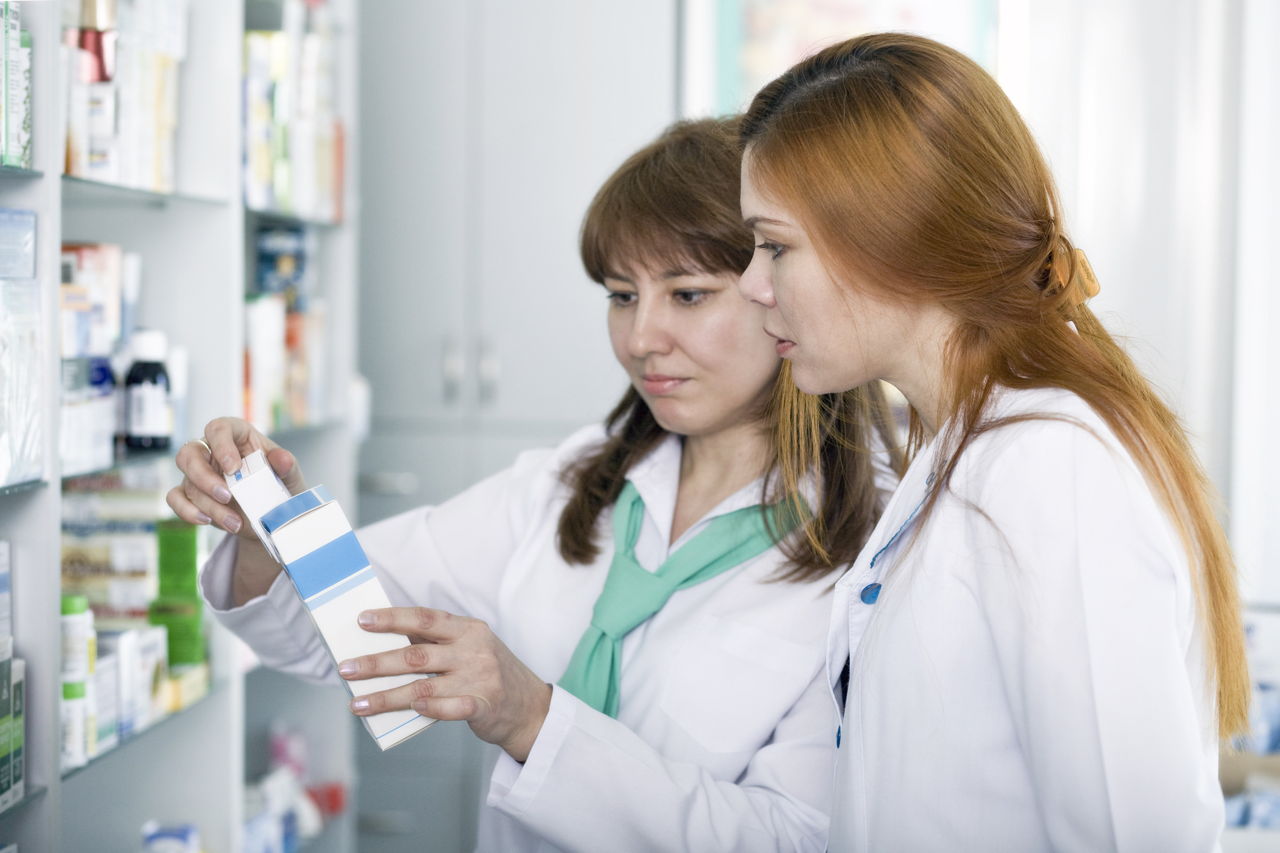
Lysine is an essential amino acid that is widely used for treating fever blisters or cold sores. It can inhibit viral replication and accelerate the process of healing. So, let’s find out more about this amino acid and its effectiveness in treating or preventing cold sores.
Cold sores, also known as fever blisters or oral herpes, are painful, red or brown-colored blisters, that usually develop on the lips, roof of the mouth, and the gums. They are caused by the herpes simplex virus that enters the body through the nose and the mouth. Oral herpes is a highly contagious viral disease that can spread through physical contact with the blisters and the saliva of the affected individual.
This viral disease is recurrent in nature, as the virus remains within the body, and gets activated from time to time whenever the immune system is weakened. The factors that can activate the virus are, cold and fever, excessive exposure to sunlight, infections, a high level of arginine in the body, and physical and mental stress. The amino acid lysine is often used to treat oral herpes, as it can inhibit the replication of the virus.
What is Lysine?
Lysine is an essential amino acid that cannot be synthesized by our body. This means that we have to obtain this essential amino acid from food or supplements. As an amino acid, it is an important building block of proteins. It is crucial for the proper growth and development, and the formation of collagen, skin, and cartilage. Some important dietary sources of this amino acid are, potatoes, milk, fish, corn, chicken, beans, lentils, eggs, and brewer’s yeast.
Lysine for Treating Fever Blisters
The amino acid lysine can speed up the healing process of cold sores. The herpes virus can settle down on the sensory nerves, and remain dormant for several days to years after entering our body. When the immune system is not strong enough to fight the virus, it becomes activated and starts to replicate rapidly. However, the virus requires the essential amino acid arginine to replicate.
The level of arginine within the cells can be brought down by increasing the availability of lysine. The storage sites for both the amino acids are same, and when the cells have to store more lysine, the space available for arginine automatically reduces. So, the replication of the herpes simplex virus can be prevented by reducing the intake of arginine, while increasing the intake of lysine.
This can be done by consuming more lysine-containing foods, or taking its supplements. However, you can also find some topical lotions or ointments that contain this amino acid. But the topical application of this amino acid has not been found to be as effective as its ingestion. If dietary intake of lysine is not sufficient to control the outbreak of cold sores, then you may need to take its supplements.
Side Effects
Lysine can cause a few side effects if it is taken in excess. The most common side effects of this amino acid are, diarrhea, pain in the stomach, and the formation of gallstones. Sometimes, one can also experience kidney problems, which should be immediately attended to. Rarely, it can cause an allergic reaction that can produce symptoms like hives, swelling of the lips, face, and the tongue, and breathing difficulty. These side effects should be reported immediately to a physician. Usually, a dose of 2 to 5 g lysine is used to treat a cold sore outbreak.
While taking this amino acid for treating fever blisters, be sure to lower the intake of arginine. The most important sources of arginine are, whole wheat, nuts, oatmeal, chocolates, peas, and seeds. At the same time, you can increase the intake of vitamin A and C, in order to strengthen the immune system. To get relief from the pain and discomforts, you can apply zinc on the blisters. Zinc supplements can also help speed up the healing process of the blisters. However, if the sores become extremely painful, and if the condition worsens instead of subsiding, then talk to your health care provider.
Disclaimer: This HealthHearty article is for informative purposes only, and should not be replaced for the advice of a medical professional.


